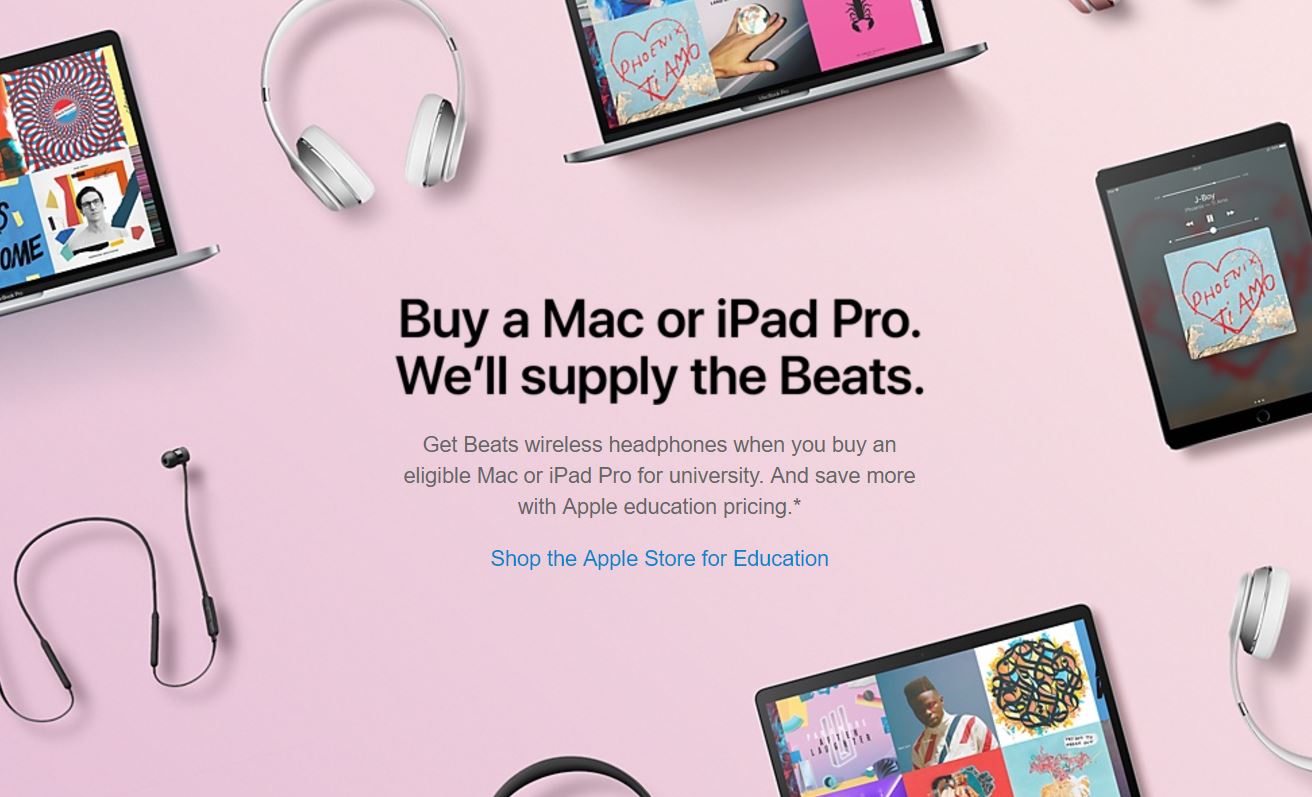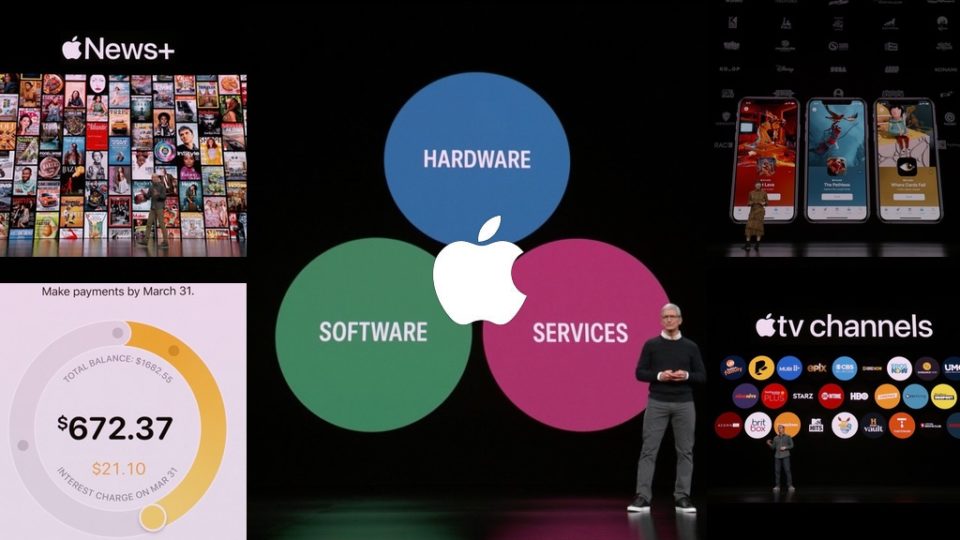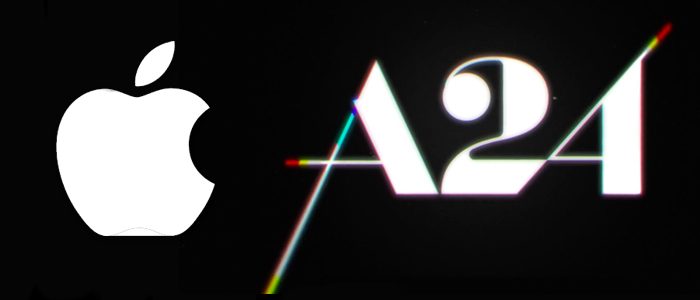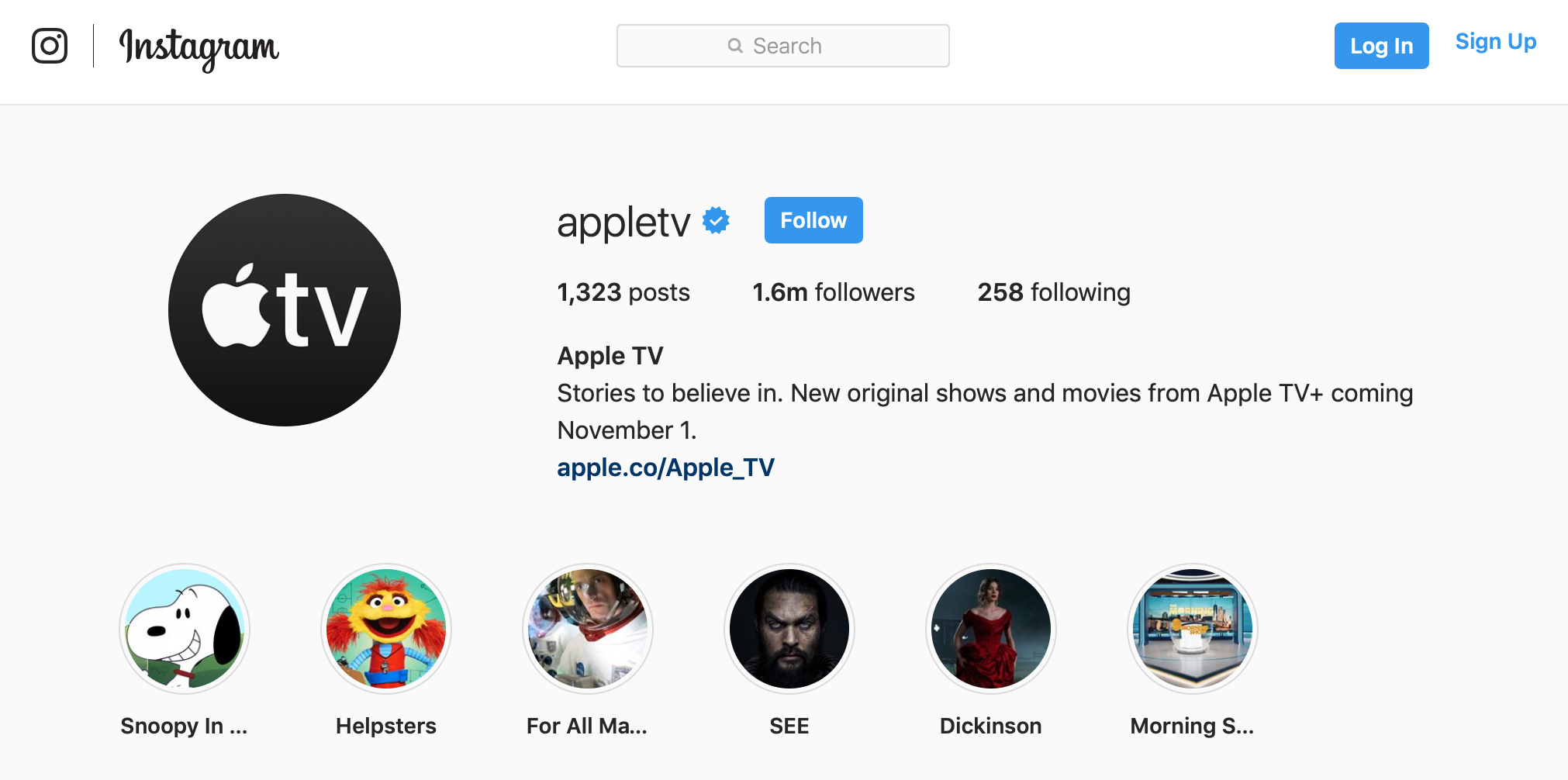Apple TV+ Launch Count Down Begins
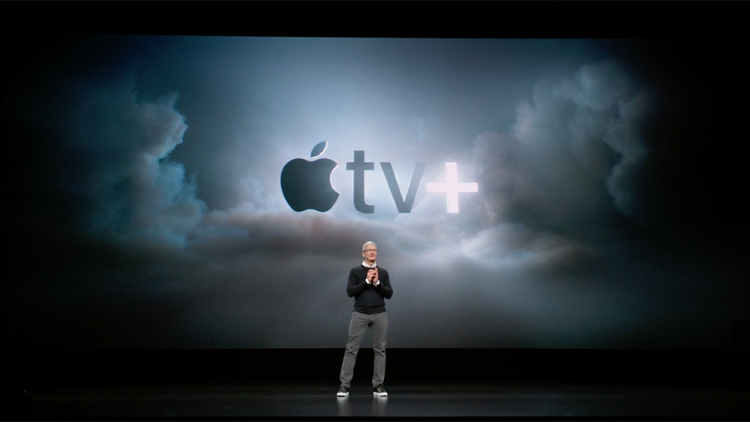
As the November 1st launch date for Apple TV+, Apple’s new, low-cost streaming service, approaches, rumors regarding how Apple will differentiate itself from streaming-leaders like Netflix have been circulating on various media outlets.
Already, the announced $4.99 subscription fee that the service is set to hit the market at puts Apple at a competitive edge ahead of other streaming platforms. While set to compete economically, the company also plans to use other techniques to incentive customers. So far, they have announced that customers who purchase new Apple technology: an iPhone, Computer or Apple TV, will benefit from a free year-long subscription to Apple TV services.
This is not the first time that Apple has used one of their products to leverage and promote the purchase of another. On August 1, 2014, Apple acquired Beats and soon launched a Back-To-School Campaign where students who bought an Apple computer would benefit from a free set of Beats Headphones. This campaign is still running now in 2019.
Promotional Ad by Apple Image Credit: Apple ]Apple also pushed a similar campaign when they first launched Apple Music, an ad-free streaming service, in June of 2015. Even Though we are now five years passed the original launch, Apple still incentivizes iOS users that are new to the platform with the same, free three-month trial bonus.
As seen to be successful among both consumers and content creators, Apple Music gained 10 million subscribers by January 2016 and then secured 20 million paid users by the following December. As confirmed in June 2019 in the French business publication Numerama by Eddy Cue, the company's Senior Vice President of Service, Apple Music now has 60 million subscribers and boasts a catalog of over 50 million songs.
The success Apple has had in launching incentivization campaigns is clear. Costing $3 million, Apple’s acquisition of Beats was their most expensive business purchase, yet this investment has already paid off. A monumental move in establishing themselves in the world of music-streaming, the acquisition of Beats proved that Apple is able to make break through in the streaming market. As experienced streaming contenders, Apple will now is set to use similar techniques to penetrate the market of programed streaming.
Presenting Apple's Innovations at March Event Image Credit: Courtesy of AppIt is expected that Apple TV+ will leverage its installed based hardware to boost its new service. This will make it easier for users to mirror the content via other Apple devices. This will be beneficial as long as users stay on Apple-owned applications and systems. Issues may, however, arise if users plan to bounce between products outside of Apple-owned territory.
One previous example is the fact that only limited Spotify features are available on the Apple Watch. This has forced users into subscribing to Apple Music so that they have full listening capabilities. If the Apple TV functions in a similar manner, users will be forced into purchasing an Apple TV subscription in order so that they may enjoy the full capabilities offered by their device.
Even Though Apple plans to launch with a portfolio of original content, their service will also double as a gateway to other streaming apps that they have partnered with. These apps include ESPN, HBO GO, NBC, HULU and so on as included in the list provided on Apple’s site. One of the most recent updates concerns Apple’s partnerships with independent producers and studios, and their plan in monitoring film distribution window sequences.
Logos from Apple and Independent Studio and Distributor, A24, Image Credit: Slash FilmAs reported by the Wall Street Journal, Apple plans to stay on good terms with Hollywood by following traditional window release patterns. Netflix has come under attack by Hollywood legends such as Speiglbergs who believe that content solely aired on the platform should not qualify for prestigious awards. Primarily, this concern heightened during the 2018 Oscars where Roma, a Netflix film and nominee for Best Picture that was supported by large sums, failed to play by the same rules as studio competitors.
As mandated by the Academy of Motion Pictures of Arts and Sciences, films must premier in an LA cinema for at least seven days to qualify for an award. Accordingly, the Netflix loophole has been to launch a film in theaters strictly for the allocated time in LA and no more. Regardless of industry disputes, the Academy has chosen to continue to allow Netflix and other streaming apps to submit their content for the 92nd Academy Awards in 2020 as long as they obliged to previous set rules.
Still, Apple has chosen to stick to traditional models and is relying on independent distributors for guidance. Theatrical release have proven to not only be lucrative, but also essential to appeasing investors and securing future funding so that new content can be made.
Screenshot Apple TV's Official Instagram Page Image Credit: Sabrina AguirreRecently, Apple learned the importance of distribution windows when they lost a bidding war for J.J. Abraham's production studios to AT&T’s WarnerMedia. Ultimately, what it came down to was what the bidders could offer. With an established distribution arm that Bad Robot wanted and valued, Apple simply could not compete with the media giant, WarnerMedia.
Apple has lined up a set of releases that are all said to be possible Oscar contenders. Via guidance from boutique distributor companies, they have secured the likes of The Elephant Queen, Hala, and The Banker. Through working with indie powerhouses like A24 and Greenwich, Apple is cementing its image and setting a standard for the type of content they plan to acquire and exhibit.
Known internationally for their recognizable brand and products, Apple has created a reputation for themselves which already gives them leverage in the digital market. With a proven track record of success in attracting and growing their consumer pool, the awaited release of Apple TV+ and their strategy will not only affect their image, but also the strategy used by other media giants. Ultimately, content consumption and how consumers interact with entertainment is changing and the next steps are crucial in defining TV patterns in 2020.
Apple TV+ Preview Video Video Credit: Apple

